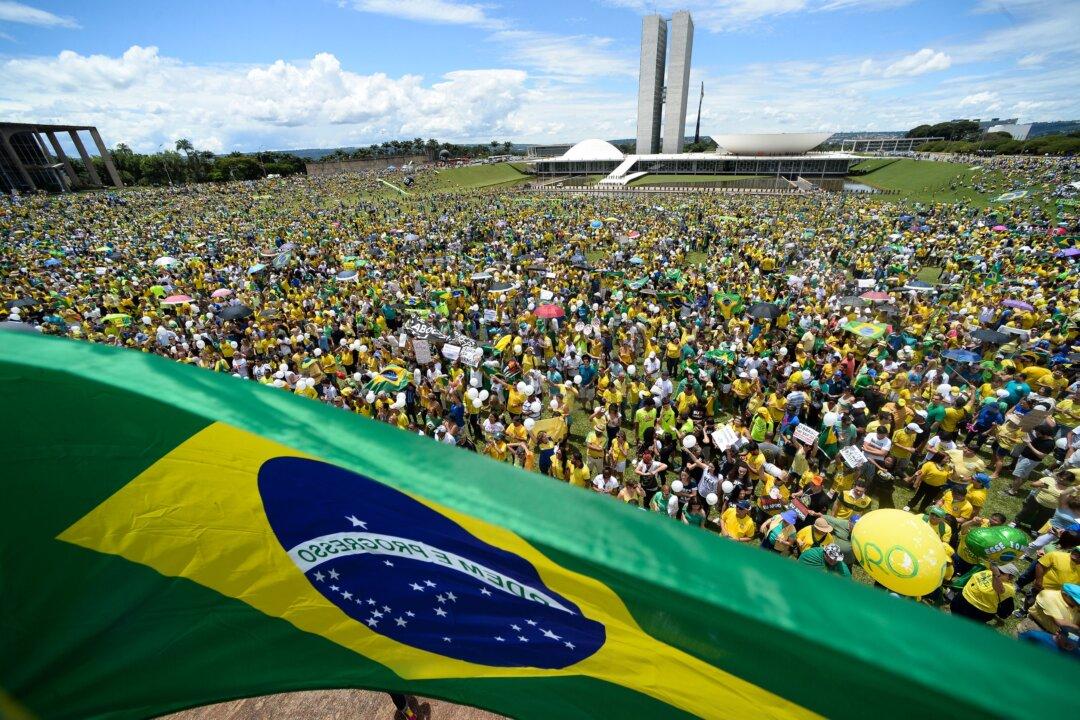Brazil has gone from an impressive economic boom to the worst crisis in its modern history in less than a decade. The country’s situation appears even bleaker due to the deep and complicated political crisis, with the President Dilma Rousseff facing impeachment in congress. But a wider look at the trends shows the economy is in for an upswing.
If a traveller from the future had gone back to 2010 and warned their friends against the risks of investing in Brazil, they would certainly be dismissed. The economy was growing by 7.6 percent a year, and major agencies had given the country a positive investment grade rating. Brazil—together with Russia, India, and China—was a key member of the BRICs, then seen as the new powerhouse of the world economy.
Yet, Brazil’s economy proved not to be as solid as suggested by the famous acronym. In 2015, the country’s GDP shrank by 3.8 percent. Forecasts for 2016 indicate a further contraction of 3.5 percent to 4.0 percent. The Brazilian currency, the real, has lost around 40 percent of its value against the dollar and other major currencies between January 2014 and January 2016. Unemployment is on the rise. The main index of the Sao Paulo stock market indicated losses amounting to 13.31 percent in 2015. More importantly, recent advances in poverty reduction are under threat.
Now, I do not come from the future, but my advice would be to brace yourself. Brazil’s economy is a rollercoaster that is due an upward swing.
